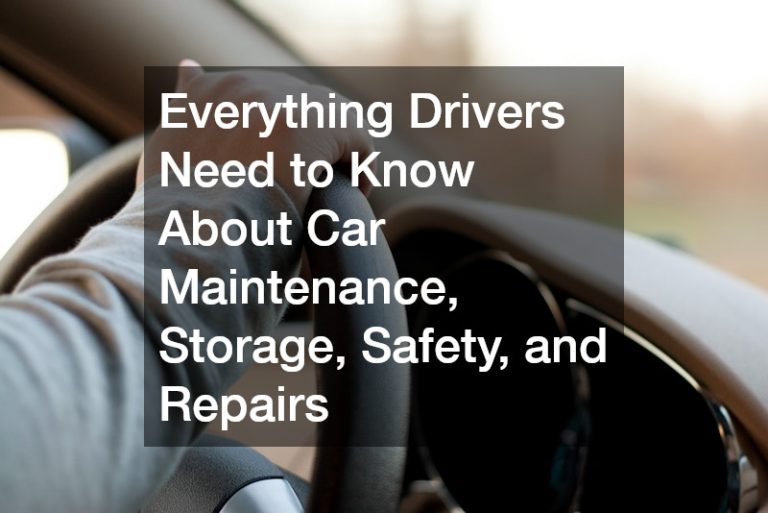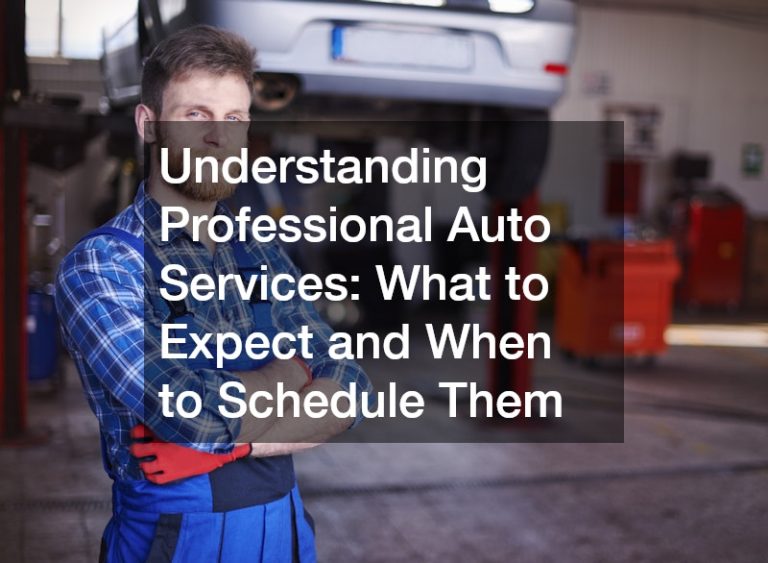

Buying a motorcycle can be an excellent and liberating experience for many people and provide a broad range of benefits that are often quite hard to top. That said, there are also many inherent risks of riding a motorcycle that many new riders may not know. While these risks can be avoided most of the time, some of them are harder to prevent and could seriously threaten your health and well-being.
As a result, you need to understand the kinds of risks you’re likely to experience riding on a motorcycle and the benefits that you might get if you end up buying one. These factors are essential to consider because not everybody fully understands the different issues that could occur. So, please read on to get a detailed examination of this topic, one that could save you a lot of money.

Risk Associated With Driving a Motorcycle
When deciding on buying a motorcycle, you have to understand the types of motorcycle accidents you may experience and why these accidents may be likely to occur to you. Unfortunately, this situation is often quite complex and hard to understand.
That’s because not every motorcyclist gets into an accident. However, they are by far the most common vehicular crash – about 34 percent more likely than typical crashes.
And why is this the case? There are many reasons why motorcycle crashes are more likely to occur than with standard vehicles like cars or trucks.
Understanding why this is the case is critical as a way of protecting you from more severe health problems, including a high risk of physical injury and even death. Just a few reasons why motorcycle riders are more likely to crash include:
- Inexperience – Many motorcycle riders may be getting on a bike for the first time or are practicing their riding. Unfortunately, this means that they are more likely to crash because their inexperience could cause them to make driving errors that may need medical help to manage.
- Recklessness – Driving on a motorcycle could make some riders feel wild and adventurous and even cause reckless behavior. Some riders may be skilled enough to pull off stunts like splitting the lanes of traffic, but others may not. And even experienced riders can make mistakes and crash.
- Motorcycle Design – Even the most careful and skilled riders may find themselves crashing on their bikes from time to time. Why is this the case? The two-wheeled design of a motorcycle is naturally less balanced than that of a four-wheeled vehicle and could make them more prone to crashes.
- Excessive Daytime Lights – Motorcycle riders do not have windshields to protect themselves from glaring daytime car lights. Unfortunately, this may cause some riders to crash and need help with injuries treated by chiropractors, such as problems with their neck and back health.
That’s why it is vital for riders like you to understand these potential dangers and to do what you can to minimize them. Remember – even the safest driving cannot protect you from dangerous riders on the road.
So, if you’re on a bike, and you get hit by another car, your injuries are likely to be higher. Is there anything you can do to minimize this risk? These steps will help:
- Taking Driving Classes – You’ll need to pass a licensing exam to ride a motorcycle in most states. However, you can also take various classes that help to teach you better driving skills. Consider taking these classes to minimize your risk of severe health risks and crash problems.
- Wear a Helmet – Put on the proper safety gear every time you go riding, including a strong helmet, riding gloves, elbow pads, knee pads, and much more. Even if your state does not require a helmet, there’s no need to take that risk because even one minor crash without one could be life-threatening.
- Find Great Legal Help – If you do end up getting hurt in a motorcycle accident, and it is not your fault, contact a great personal injury attorney to get the help that you need. These professionals will do what they can to ensure that your rights are protected and that you don’t end up seriously impacted.
Now, we’re not trying to scare you with this information. We don’t believe in scare tactics but in telling the truth. These risks are inherent in bike riding but don’t occur to every person who gets behind the handlebars of a bike.
Therefore, it is vital to understand the many benefits of a motorcycle. Doing so can help you decide if you want to take one out or if the risk is far too high for your liking.

Benefits of a Motorcycle
Suppose you already get care like a trigger point massage and are afraid that a bike might affect your chiropractic health. It is also essential to understand that there are many benefits of owning a motorcycle.
While many motorcycle riders do crash, they are still in the minority. A vast majority of riders never crash or, if they do, are prepared for it and protected with a variety of safety gear items.
In this way, they rarely have to visit an emergency dentist or any other type of dentist after a crash. And as you gain experience, your risk factors do heavily decrease.
We don’t want to minimize the risks here, but we want to point out that most can be avoided if you’re careful. And you can also get many excellent benefits if you do end up buying a motorcycle. Just a few of the most common include:
- Very Good Gas Mileage – Bikes are designed to have gas mileage as high as 50-100 miles per gallon, depending on your model. And they’re also relatively easy to repair and fix, meaning you can work with a brake mechanic or another specialist and get them back on the road fairly quickly.
- Improved Driving Abilities – If you master driving a motorcycle, there’s a good chance that you might become a better all-around driver. Why? As a cyclist, you have to react to dangerous situations quickly and pay attention to the road around you much more carefully.
- Great Emergency Vehicles – In emergencies, a good motorcycle can be a surprisingly great vehicle. For example, if there is a crash outside of your home and traffic is stalled, your bike can more easily get around these damaged vehicles and get help for what can be a dangerous situation.
- Long-Lasting Design – What may surprise many people about motorcycles is that they last longer than most modern automobiles. For example, a bike can last 40-50 years without needing a new engine rebuild. That all depends, though, on how often you use your bike and its overall design.
- Outdoor Riding Fun – Here’s an interesting fact: not enough people get enough sun every day to create the proper levels of vitamin D. So if you get out on your bike even once a day for 30 minutes or so, you could increase your safe levels of sun exposure and enhance your vitamin D levels.
- Intense Resale Value – Since motorcycles last so long – and are often in such high demand – there’s a good chance you could resell your bike at a reasonably good price. In this way, you could even make money if your bike is a classic model or is one that rarely stays in excellent condition.
- May Improve Relationships – How in the world could riding a motorcycle improve your relationship? Let’s say you and your spouse have a hard time getting close to each other some days. Well, when you buy a motorcycle and ride it together, you’re forced to stay reasonably close on the seat.
- Potential Health Benefits – Riding a motorcycle may help improve your neck, core, arm, and thigh muscles as you ride. They also help with mental health by increasing your focus and letting your anxiety about other factors in life leave you and become less of a problem.
These benefits are significant to consider, as they may outweigh the risks of riding for many people. If you’ve gotten this far in the article, you likely already have a pretty good idea of whether you want a bike or not.
However, you may also have some confusion. This situation is understandable and is quite common. That doesn’t mean that you should let yourself stay confused forever, though.
Instead, you need to understand how you can better weigh these pros and cons to understand your needs as a rider. Doing so will give you the best chance of fully understanding your potential needs as a bike owner.
Beyond that, it will also help to make sure that you don’t spend too much money on a bike and end up needing to sell it because you don’t feel comfortable driving it.

Weighing the Pros and Cons
If you need help deciding on buying a bike or not, you are not alone. This decision is a big one and could change your life forever. For instance, you could fall in love with a bike and make it your primary source of transportation.
Or you might end up hating it or getting injured, making your investment barely worth it. Thankfully, you can take steps to address this situation, including how you can:
- Sit Down With Your Family – If you have a family to consider, talk to them about the risks and benefits of a motorcycle to get their input. And if you live alone, you still need to discuss this potential purchase with others in your life to get a different range of input into the situation as a person.
- Talk to an Attorney – Discuss this potential issue with your lawyer to better understand what kind of complications you may experience. You may even want to find an accident lawyer who can help you out by providing information about what may happen if you get into a severe crash as you ride.
- Test Out a Bike – Don’t just buy a motorcycle without trying one out, first! Find a friend who will let you sit behind the handlebars of a bike and take it for a brief ride on a private road or property near you. Do you feel comfortable on the bike? If not, it may be best not to buy one.
- Meet With Your Doctor – Some people may not have the physical or mental health strength needed to handle the unique needs of a motorcycle. Talk to your doctor about this factor and get tests to see if your legs, arms, and overall body strength is good enough to handle a bike on the road.
- Honestly Assess Your Driving Skills – Great bike riders are people with excellent overall driving skills. Do you have a high level of driving ability, or are you merely adequate? Be honest with yourself here. It could mean the difference between a great riding experience and severe health problems.
Follow each of these steps and pay close attention to both logic and your gut instinct. Also, understand that “want” and “need” are not always the same thing. For example, you might feel that you “need” a bike.
But, there is a good chance that you simply “want” one instead. So, make sure that you fully understand these factors and do what you can to avoid spending too much on a bike that may not be right for you as a person or driver.

So, as you can see, there are many advantages to a motorcycle that must be considered. And if you carefully balance your needs and your safety with these benefits, you should be able to decide whether or not a bike is right for you. There’s no need to rush into anything here. Instead, talk to other people who own bikes and even legal professionals to get an idea of whether a motorcycle is right for you.



